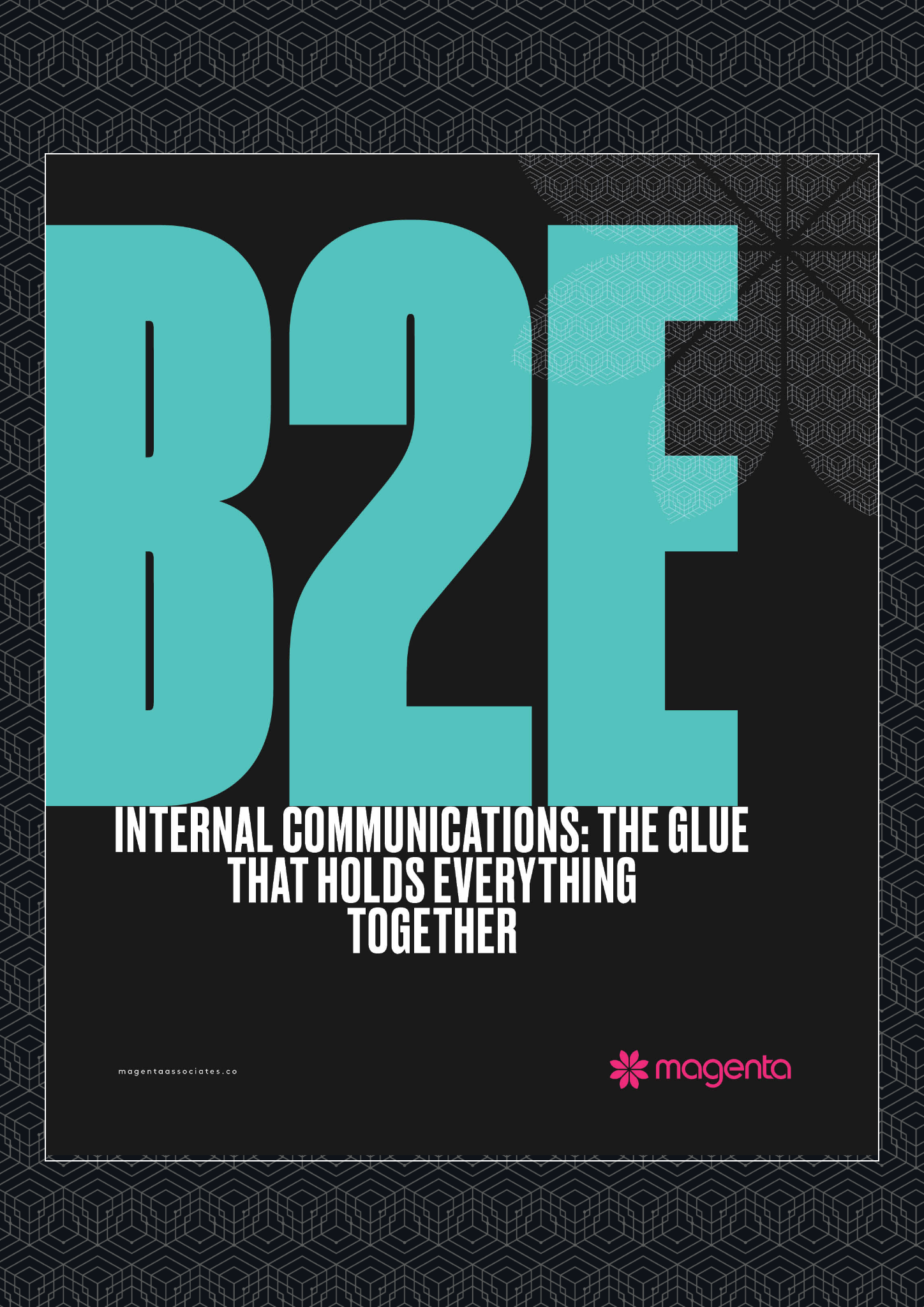Employee engagement involves a commitment an employee has to the organisation and its goals
Ensuring you have an engaged workforce is extremely important and has the potential to impact on the success of your business. It is important to remember that employee satisfaction doesn’t necessarily translate to engagement. Your team may be satisfied and show up each day without difficulty, but without engagement in the business’ goals and values, they’re more likely to be drawn away.
The benefits of great employee engagement
Research has shown that organisations with engaged employees are more likely to be successful, with higher service quality, customer satisfaction, and increased sales. Employee engagement is key to activating a high-performance workforce. Additionally, when employees are themselves engaged, they are more likely to put all their efforts into their work.
When an employee feels engaged with the values of a business, and that business is putting those values into practice, then they are guided by their own moral judgements to continue working hard, as this alignment motivates them to be even more involved.
Engagement reflects itself in a team member fully understanding their role in the organisation and how their role is directly impacting others and contributing to the values of the business.
We can provide you with guidance and support in creating a culture of employee engagement at your business.
to discuss how Magenta can help you.
We surveyed 2,000 employees and found that poor communication negatively
affects employee engagement.
Everyone in the 18-24 age group says poor communication impacts ‘job satisfaction and enjoyment’.
People need to feel engaged
with what they do, and internal
communications has a major
role to play.
Download our free report on internal communications to find out more.
Magenta surveyed 2,000 employees to explore how they rate their employer’s communication – 53% did not describe their employer as a good communicator.
Latest Case Studies

Case study: Kam Singh and EMCOR UK
Our client EMCOR UK sought to further strengthen awareness of its position as a leader in sustainable carbon management. Central to this effort was ESG

Internal comms case study: Unravelling what employees really think
One of our facilities management clients with multiple service lines and dispersed teams was concerned that some employees may not feel part of the company’s

University of Sussex case study: building a procurement blueprint
In advance of the University of Sussex’s first-generation outsourcing programme for its facilities management and catering, conferencing and banqueting services, Magenta was commissioned to run
Latest News & Views

Search forward: Oluwatobi Folasade Balogun Q&A
In our fifth Search forward Q&A, I spoke with Oluwatobi Folasade Balogun, co-founder and CEO at SustainWyse, about how AI is reshaping discoverability, brand strategy,

Beyond the plaque: How we’re living our B Corp values every day
When we announced our B Corp certification, the response was amazing. The plaque looked great, the LinkedIn love poured in, and we all took a

Momentum for the Better Business Act
Last week, under a stretch of blue, sunny sky, the B Corp community gathered at Joelson Law in London for a Better Business Day B









